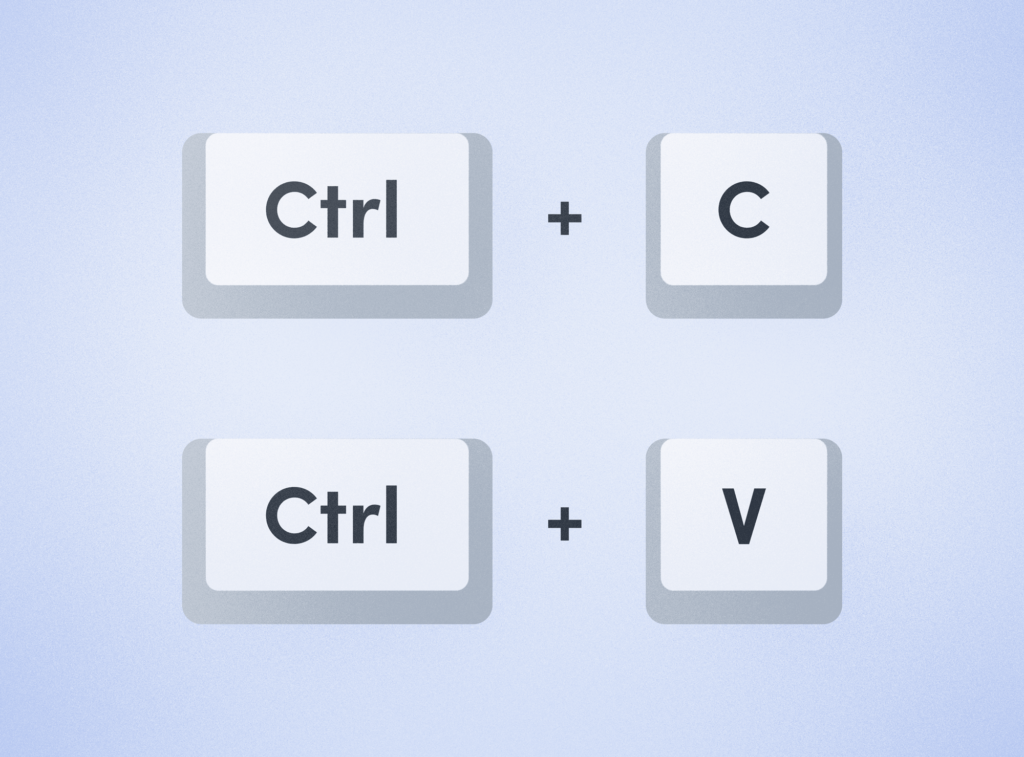
I believe in personality plagiarism.
Why? Because imitation is not only the highest form of flattery, it’s also one of the fastest forms of learning.
For example, before writing my first scientific paper, I made a small pile of published articles that were especially lucid and compelling. Then I reread them. And I made notes in the margins: Begins with a quote. Short sentence at end of paragraph. Big idea up front.
And then, without delay, I sat down to mimic what I’d observed.
It may seem that copying what other people do is cheating. Many of my students assume that I want them to figure everything out on their own. But it turns out that a great deal of human learning is imitation. We were all born to copy-paste.
For instance, master pastry chef Corrado Assenza learned not only by doing but also by watching: “I learned by looking, watching his hands making the recipes.”
Tennis pro Tim Gallwey has observed: “Almost all tennis players have experienced playing over their heads after watching championship tennis on television. The benefits to your game come not from analyzing the strokes of top players, but from concentrating without thinking and simply letting yourself absorb the images before you…”
A few years ago, I had a conversation with Toby Cosgrove, the former chief executive of Cleveland Clinic. I asked him how someone who at the beginning of his career was told he lacked talent later became the most eminent cardiothoracic surgeon in the world. This was his response:
I worked and worked and worked at refining the craft. And then I changed the way I did things over time. I went and watched other people do things. In fact, I used to call them my “innovation trips.” I would go all over the world and take my notebook and watch other surgeons and various techniques, and I would pick things up from them and incorporate them in my practice. It was a constant quest and I was always looking for ways to do something better.
These stories are supported by science. Random-assignment experiments confirm that copy-pasting the successful strategies of acquaintances can help you reach your own goals.
Don’t think that copy-pasting what you admire is by definition cheating. Without question, it’s wrong to take someone else’s work and pass it off as your own. But it’s right to find inspiration in the way other people live their lives.
Do reflect on how much you’ve learned from other people. And share stories of your greatest copy-paste moments with the young people in your life. Teach them to ask, at the start of any great endeavor, “Who else has done this before me? How did they do it? And what can their example teach me?”
With grit and gratitude,
Angela
